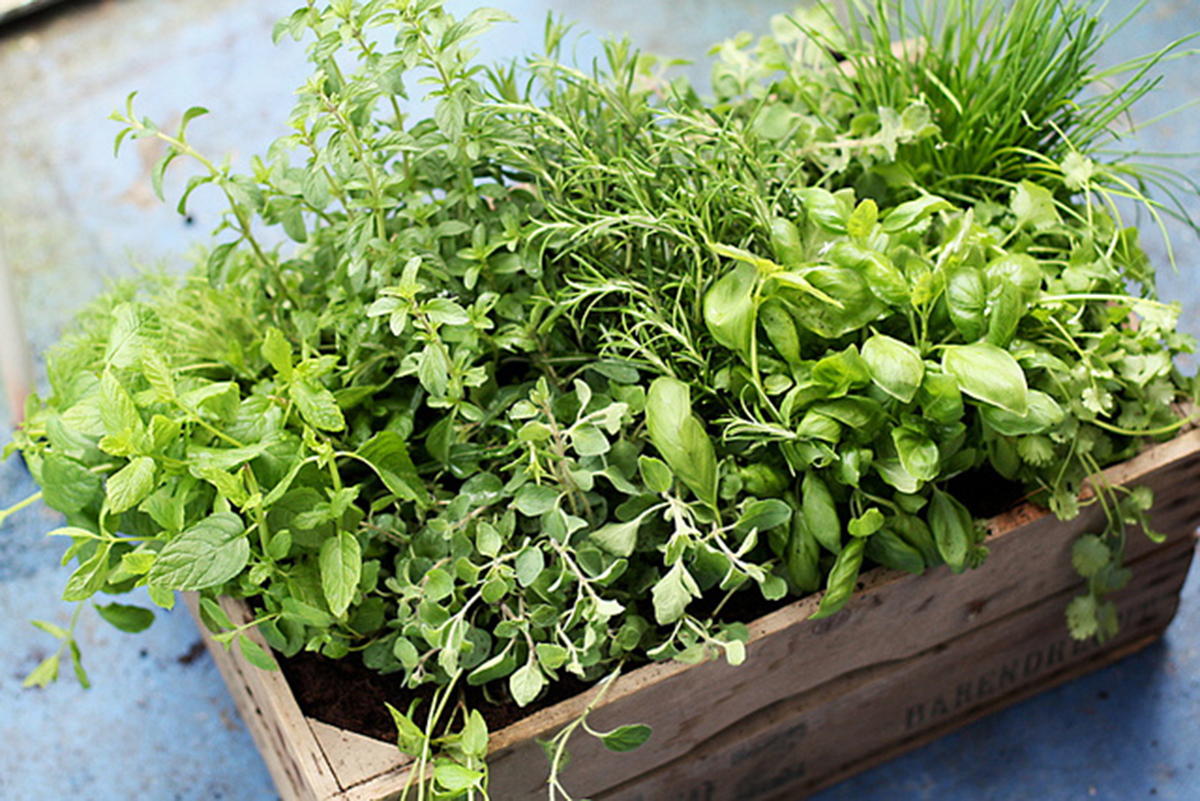Table of Contents
"It is the role of the vaidya (physician)," one of the Ayurvedic physicians interviewed by the University of California researchers said, "to create proper equilibrium within the body, because imbalance in the body has the potential to create metastasis." Both Ayurvedic and conventional physicians agree that after chemotherapy, surgery, radiation, or immunotherapy for cancer, the body is weak. It is hard to fight cancer and regain health at the same time. In particular, the doctors said, even though Western treatments for cancer are toxic, it is important not to attempt detoxification too soon.
One doctor in the study said:
"Ayurveda says that there are proper indications for shodana (e.g., panchakarma) and if the patient has recently completed chemotherapy, the body is still toxic. If we do shodana, we are actually pushing the toxins into the deeper tissues. The first thing we have to do is shamana, palliative measures. There will be ama in the body due to chemotherapy and radiation therapy. That ama will be neutralized by the shamana protocol and then we will come to the main line of treatment – shodhana – possibly after six months or three months, depending on prakruiti. Kapha prakruiti people usually detox quickly, pitta takes time, and vata takes still more time."

In plainer language, what the doctor is saying is that herbal detoxification protocols aren't the first priority even if cancer treatment even if the body remains toxic from treatment.
- First, an Ayurvedic doctor might encourage deepan, which literally means "lighting a fire." A simple reality is that cancer treatment takes away appetite. Some people need fatty foods because they are calorie-depleted. Sometimes, fat and even sugar make good sense. The doctor also notes that "kapha prakruti," people who tend to be overweight, recover from cancer faster. Why? They haven't starved during treatment.
- Next, an Ayurvedic doctor might encourage pachan, digesting toxic wastes. Note that this is a method of digesting toxic wastes, not expelling toxic wastes. In Western terms, this would be restoring activity of detoxifying enzymes in the liver. Foods that stimulate detoxifying enzymes are emphasized. Foods that downregulate detoxifying enzymes are avoided.
- Then the doctor might recommend kshudha nigrah. The best way to understand this practice in Western terms is as intermittent fasting. Sometimes the body simply needs to "catch up" after treatment. Brief periods without food allow cells to eliminate defective proteins and enzymes and to create new ones. This is very important for maintaining the regulatory mechanisms within cells that enable them to remain cancer-free. There is a balance between not consuming food long enough to allow this cellular renewal process called autophagy to eliminate new cancer cells, and fasting too long and causing lack of energy.
- The doctor may prescribe atap sevan, which literally means "heat service." The body can become so run down that its internal furnace just isn't enough to keep all of its processes going. This practice "warms the joints and bones" with sunbathing or gentle steam.
- Another treatment is marut sevan, or "wind service." Fresh air is also curative. Even without doing pranayama for detoxifying breath, simply getting fresh air can make you better.
All of these are good ideas for any cancer patient. What an Ayurvedic physician can do for you that you can't do for yourself with these practices is to add prescriptions for herbs, make specific recommendations for diet you probably won't come up with on your own, and recognize signs of improvement and need for additional medical treatment.
READ An Ayurvedic Alternative To L-dopa For Some Parkinson's Patients
Ayurvedic treatment isn't about herbs, and it isn't about cancer. It's about you. A trained Ayurvedic physician working in tandem with an oncologist can help you achieve remission earlier and stay in remission longer. The methods may seem simple, but they are can be wonderfully effective.
- Dhruva A, Hecht FM, Miaskowski C, Kaptchuk TJ, Bodeker G, Abrams D, Lad V, Adler SR.Correlating traditional Ayurvedic and modern medical perspectives on cancer: results of a qualitative study. J Altern Complement Med. 2014 May. 20(5):364-70. doi: 10.1089/acm.2013.0259. Epub 2013 Dec 17. PMID: 24341342.
- Photo courtesy of theglobalpanorama: www.flickr.com/photos/121483302@N02/14581607426/
- Photo courtesy of
- Photo courtesy of theglobalpanorama: www.flickr.com/photos/121483302@N02/14581607426/


Your thoughts on this